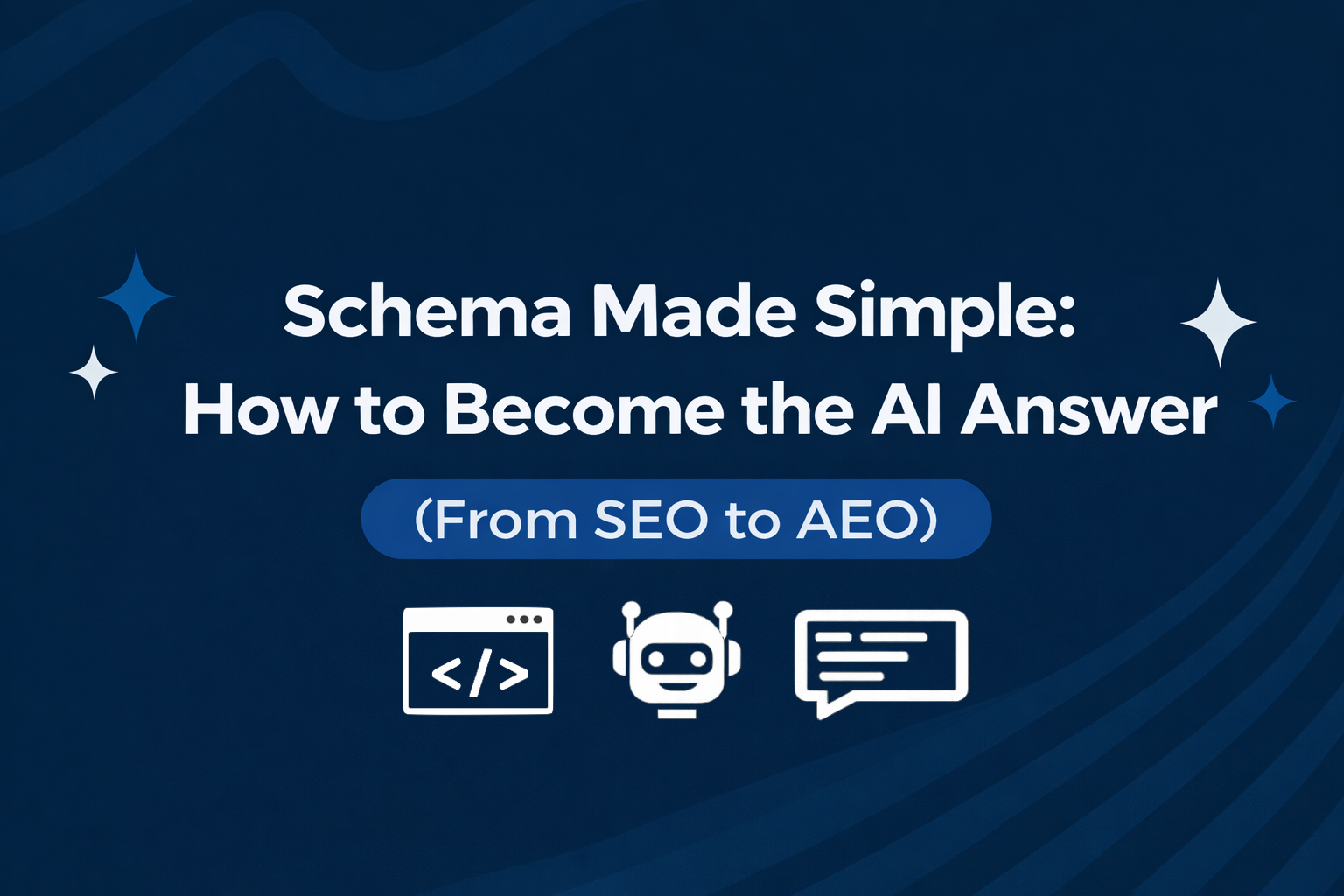Some marketers might view inbound marketing and pay-per-click (PPC) advertising as opposites, but many experts consider PPC to be a subset of inbound rather than outbound marketing. Inbound strategies involve developing web content that attracts target followers while outbound strategies rely on interruptive advertising through traditional media.
Related Blog: How Inbound Marketing Can Help You Upsell Current Clients
Modern Inbound Marketing
The most popular inbound practice in today's online community is content development for a blog series that embeds SEO techniques. The blog must be creative and informative with a conversational tone. Since search engines view well written blogs as authoritative and give them high search rankings, it's easy to see why web publishers devote time to them. Articles, white papers and other types of long form informative content integrated with SEO are also now a significant part of the inbound model.
How PPC Fits In
The PPC model didn't exist until the 1990s as the Internet became popular. By 2004 when broadband Internet largely replaced sluggish dial-up connections, Google had become a dominant giant in the online advertising industry. Its PPC platform AdWords essentially gave businesses big and small the opportunity to bid on keywords and purchase ad space at the top and sides of search results pages (SERPs). Advertisers only pay when users click their ads.
The reason PPC is often considered to be inbound even though it's slightly interruptive is that it involves matching keywords with audiences already looking for those keywords. The difference between PPC and most other inbound strategies is that it deals with paid traffic instead of organic traffic.
The main advantage to PPC is that it guarantees search engine visibility, unlike most inbound practices that are free to low cost and rely on niche content to attract followers. Marketers are now weighing the cost and effectiveness of PPC campaigns compared with the organic traffic paradigm.
Return on investment has become a big factor in determining how to market websites, as many web publishers have overspent money on experimenting with online ad campaigns. Combining PPC with other types of inbound marketing, such as email, newsletters and social media, has become an effective route to lead generation and successful conversions.




.png)
